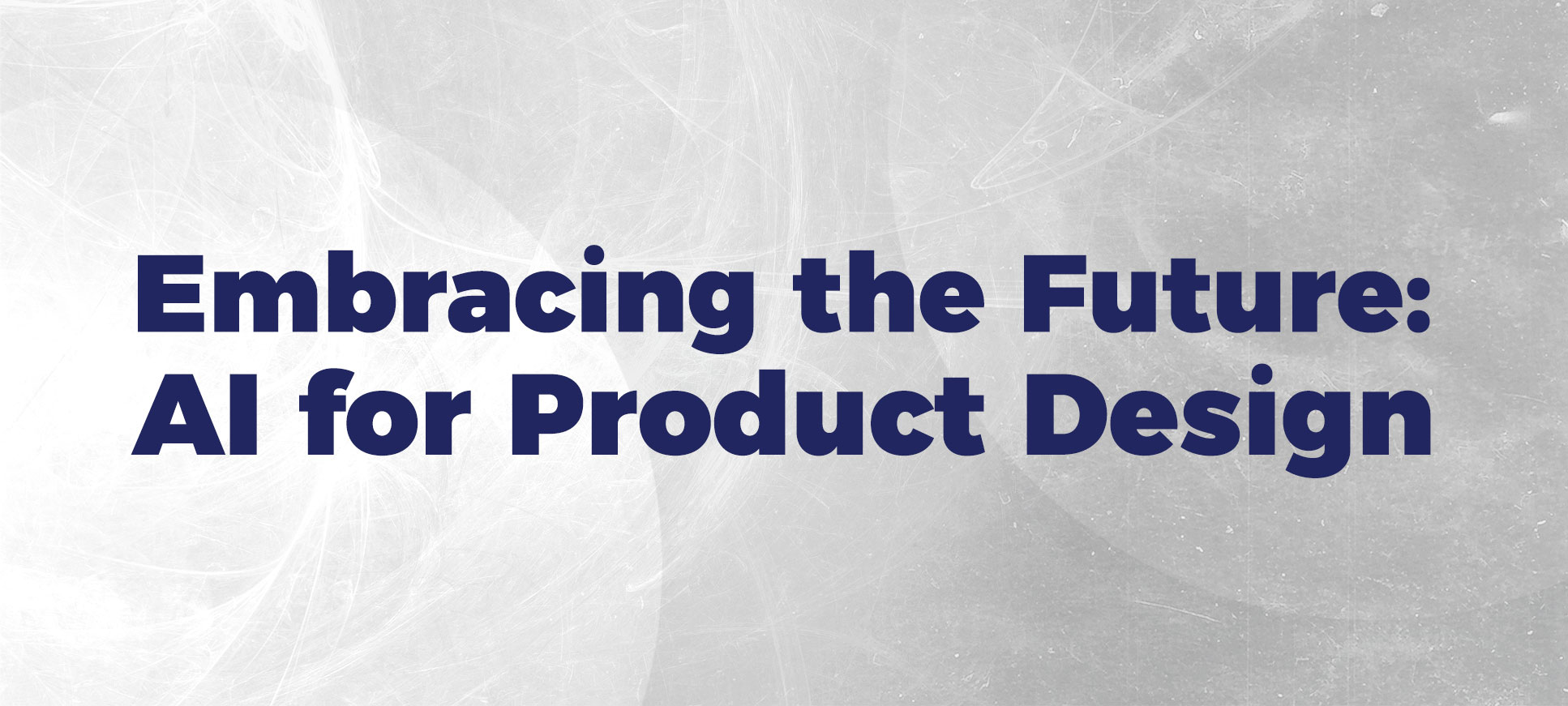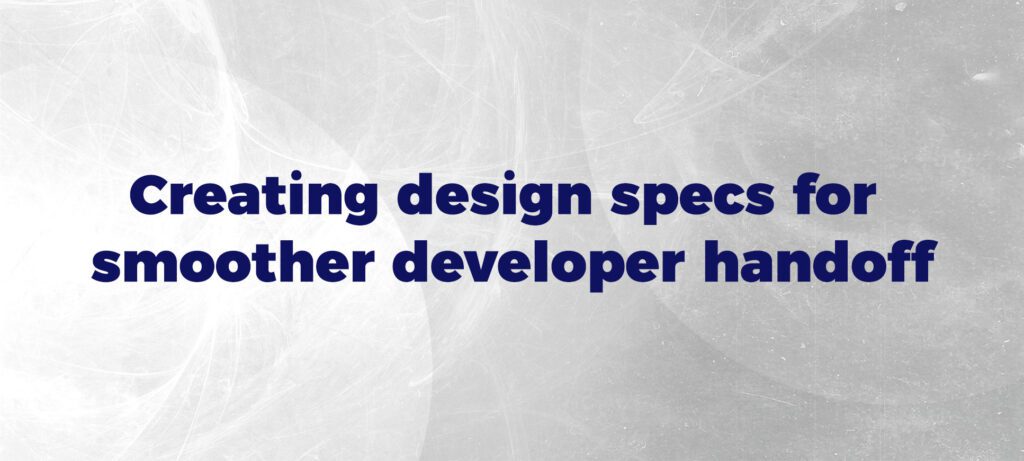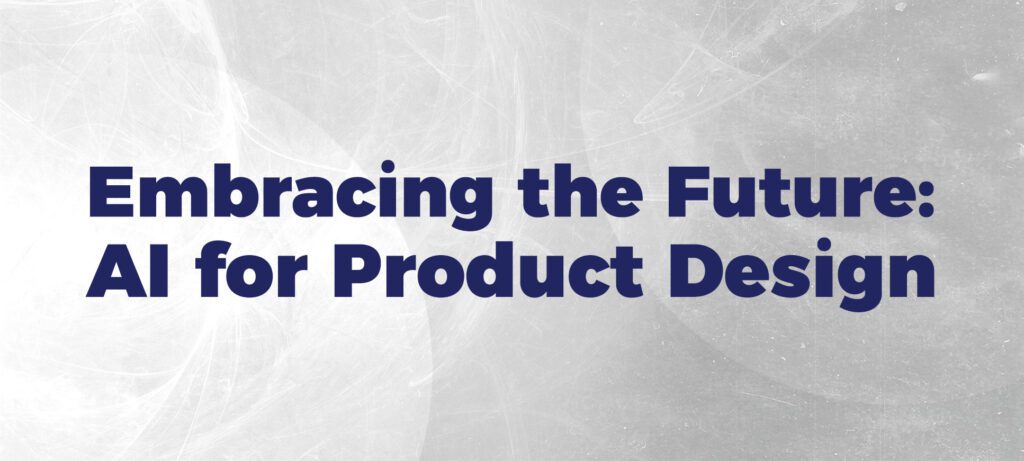In the dynamic field of product design, artificial intelligence (AI) is starting in a transformative era, extending beyond human capabilities to automate tasks, analyze huge amounts of data, make predictions, and generate designs. This symbiotic relationship doesn’t replace human designers but enhances efficiency and optimization.
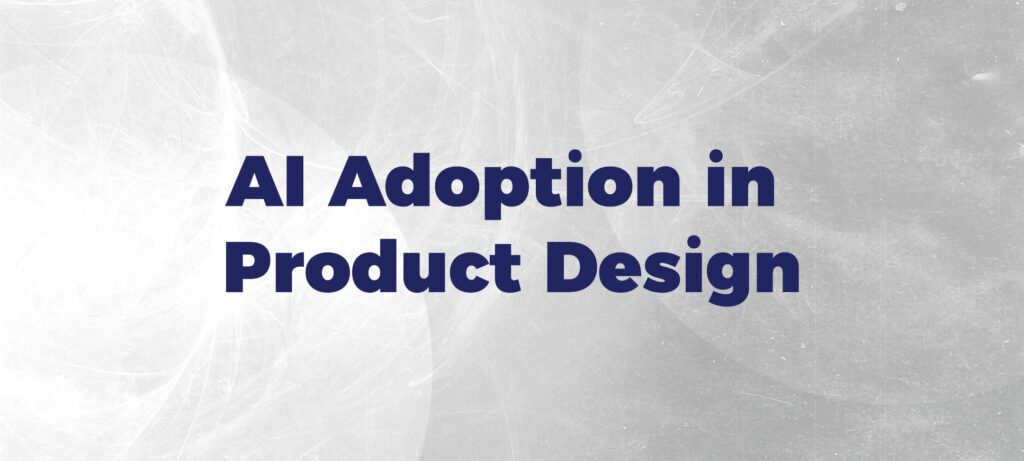
AI Adoption in Product Design: McKinsey’s Insights
McKinsey’s 2023 report highlights widespread AI adoption, with a third of respondents in product design utilizing generative AI. Rather than job replacement, AI serves as a proficient assistant, accelerating the design process and preserving human ingenuity.
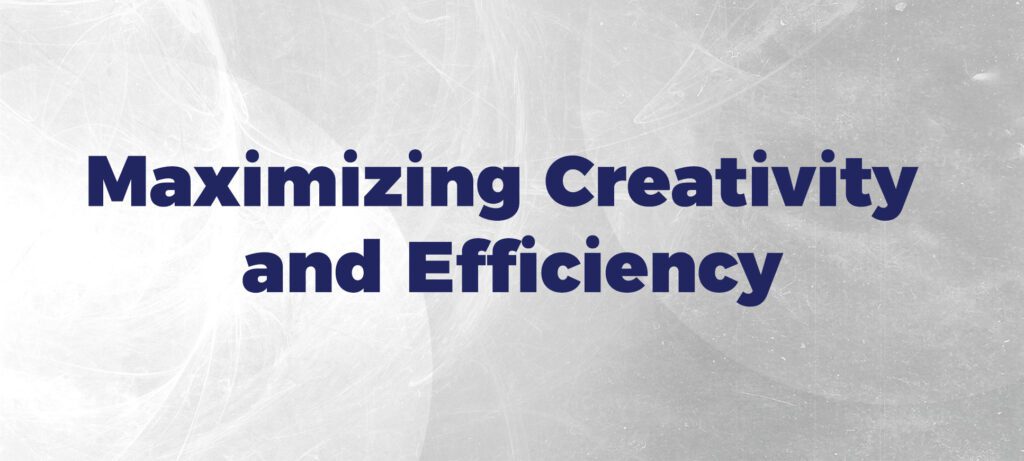
Maximizing Creativity and Efficiency: Unleashing AI Benefits
Integrating AI into workflows revolutionizes creativity, allowing designers to push the boundaries of imagination. AI offers time and cost savings by automating repetitive tasks, empowering designers with data-driven insights into user behavior and preferences.
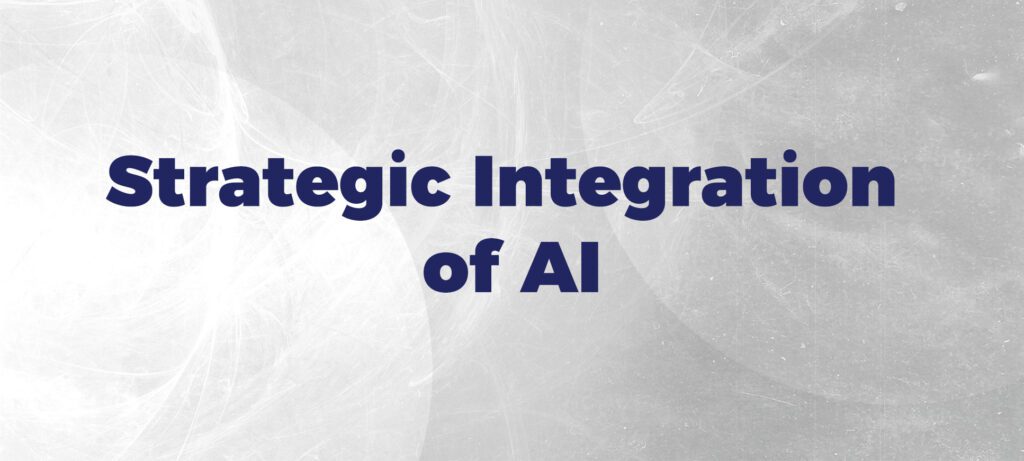
Strategic Integration of AI: Enhancing Design Workflow
AI integration opens opportunities in user research, data analysis, advanced personalization, generative design, and product testing. Leveraging AI-driven tools enhances efficiency across various design aspects.
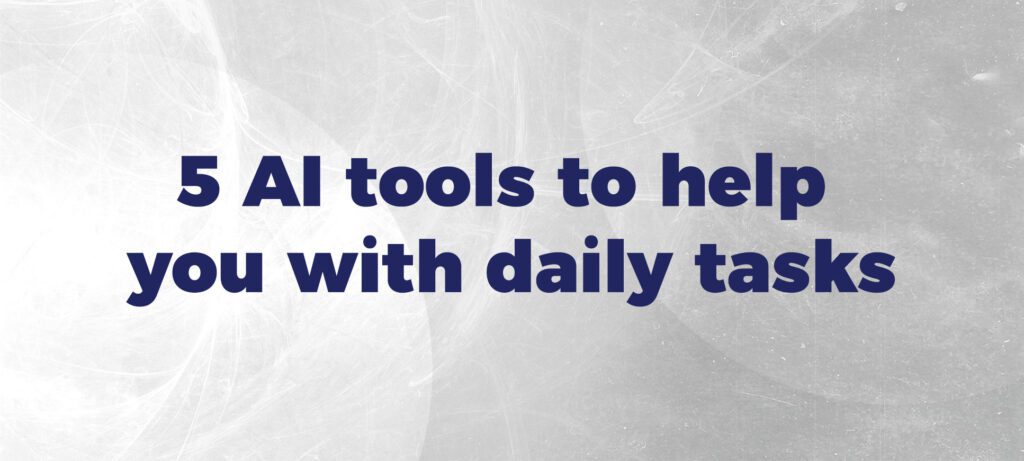
5 AI tools to help you with daily tasks
Successful AI incorporation in product design relies on specific tools tailored to industry demands:
- ChatGPT: Assists in user research, brainstorming sessions and ideation through human-like conversational responses.
- DALL-E 2: is a generative AI system that creates realistic images and art from a text prompt.
- Uizard: An AI-powered design tool automating wireframes, mock-ups, and prototypes.
- Khroma: uses AI to learn which colors you like and creates limitless palettes for you to discover, search, and save.
- Adobe Sensei: Integrated into Adobe programs, automates tasks and offers smart design recommendations.
AI is a powerful ally, not a threat to product design’s future. Embracing AI tools ensures designers lead in innovation, augmenting creativity and efficiency.
Written by: Fernando Bortolato

